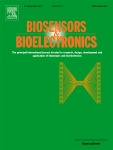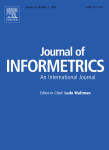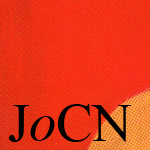We’re sharing a relatively old retraction notice with you today, because it’s of a nature we don’t often see: A chemist apparently stole text from a manuscript he was reviewing.
In spring of 2009, Yi-Chou Tsai, a chemist at National Tsing Hua University in Taiwan, was reviewing a paper for Nature Chemistry. At the time, he’d asked a colleague to write a review article with him, so forwarded him the Nature Chemistry manuscript for reference. But some of that text ended up in their review paper,”Recent Progress in the Chemistry of Quintuple Bonds,” published in Chemistry Letters.
Both papers were published in 2009; Chemistry Letters retracted the review the next year.
The retraction includes a statement from Tsai, who puts the blame on his co-author, Chih-Chieh Chang, also listed as affiliated with NTHU (we couldn’t find a webpage for him):
Continue reading “I am really sorry:” Peer reviewer stole text for own paper
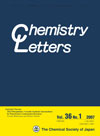
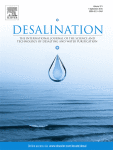


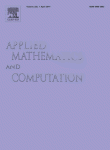 A paper on a hybrid algorithm turned out to be a hybrid itself — some original data, plus some from a paper that the authors had published earlier.
A paper on a hybrid algorithm turned out to be a hybrid itself — some original data, plus some from a paper that the authors had published earlier.